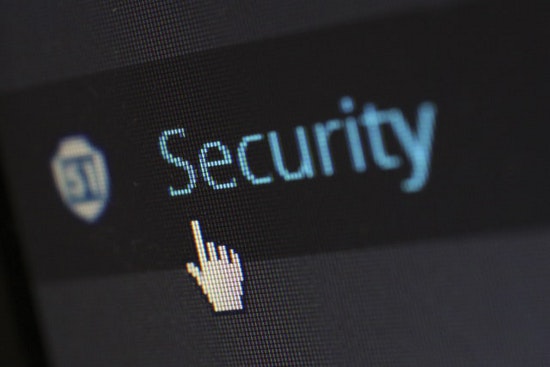People often think about cyber security as a field for technology experts. However, it’s a problem that affects just about everyone. Whether you work for a large company or run your own business from home, you should know how to spot the signs of a threat.
Check out the following five common cyber-security mistakes that businesses make and some tips for avoiding them.
Not Keeping Your Software Updated
When was the last time you updated your software? If you can’t remember, it’s probably been too long. Outdated software is one of the easiest ways for hackers to infiltrate your system because outdated software often has vulnerabilities that hackers can exploit. Cybercriminals will look for these vulnerabilities and use them to get access to your network.
Software updates aren’t just good for protecting your business against cyberattacks; they also provide new features and improvements that can help you run your business more efficiently and improve customer experience. These updates typically happen automatically without you having to do anything, so make sure you set up automatic updates if possible.
Not Backing Up Your Data Regularly
By not backing up your data regularly, you risk losing sales records, customer contact information, and other important business files. All it takes is one cyberattack to cripple your business, so it’s vital to have a current backup of your data stored in a secure location.
It’s not just malware that can cause data loss; hardware failures and human error are also common culprits; thus, it is important to obtain Cybersecurity Managed Services to avoid data loss and strengthen your cybersecurity defenses.
For example, if an employee accidentally deletes a file or corrupts a database by entering the wrong data, you could suffer from permanent data loss. And if the problem involves your primary storage device, you may be unable to recover the lost information without restoring it from a backup.
Allowing Private Data to Be Exposed
Failing to properly protect customer data can be devastating. A security breach can result in lawsuits, fines, a loss of customers, and even criminal charges. It’s important to have the proper safeguards in place to protect sensitive customer information. Use the following tips to keep your company’s private data safe:
- Take advantage of end-to-end encryption available through HTTPS for all web traffic.
- Ensure that your Wi-Fi network is password protected and only accessible by authorized personnel.
- Require employees to use strong passwords and change them frequently (at least once every 90 days).
- Make sure all software is updated regularly with the most recent security patches.
- Keep an audit log of who has accessed sensitive customer information.
Not Putting Enough Attention on Training Employees About Cyber Security
Your employees should be your first line of defense when it comes to preventing cybersecurity issues. That’s why it’s essential that you train your employees about cybersecurity best practices and ensure they understand the consequences of not following them. You should also consider requiring cybersecurity training for your employees as part of their onboarding process, so everyone is aware of the threats facing your company from day one. You can avoid attacks when you do the following:
- Make sure your employees are educated about password security. Passwords should be at least eight characters long, include numbers and symbols, and be changed regularly (perhaps every three months).
- Teach employees how to recognize social engineering attacks. Social engineering is when attackers use deception to get someone to divulge sensitive information or perform actions they normally wouldn’t do.
- Be mindful of personally identifiable information (PII). The PII you share on the internet can leak out into other places, so think carefully before posting birthdates, addresses, or phone numbers online.
Using Public Wi-Fi to Access Sensitive Work Data
The number one thing you should never do is use a public Wi-Fi network to access sensitive work data. Unless your office has an internal VPN solution that provides security, then any connection could be easily intercepted by someone on the same network who is using packet sniffing software. This means that anyone using the same network as you would be able to see everything you are doing on your screen.
When you’re accessing confidential information such as customer records or employee banking details (or even just email), it’s critical that nobody else is able to see what you are doing online. This is where most issues arise with unsecured public networks because anyone else could see everything on your screen at any time.
The Bottom Line
Over time, the five mistakes listed above may seem like basic measures, but the fact is that they are still prevalent transgressions. Cybersecurity remains one of the most important topics in today’s digital world.
By developing basic best practices to cover all five points mentioned here, any business can take a significant step towards improving security on their networks and protecting their assets.












